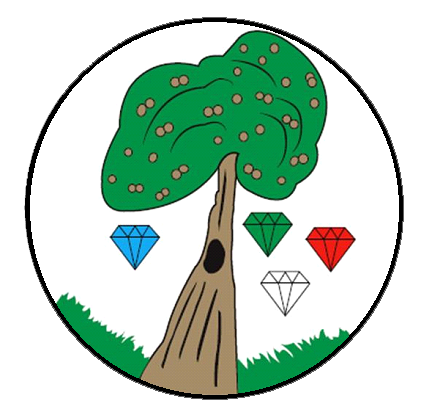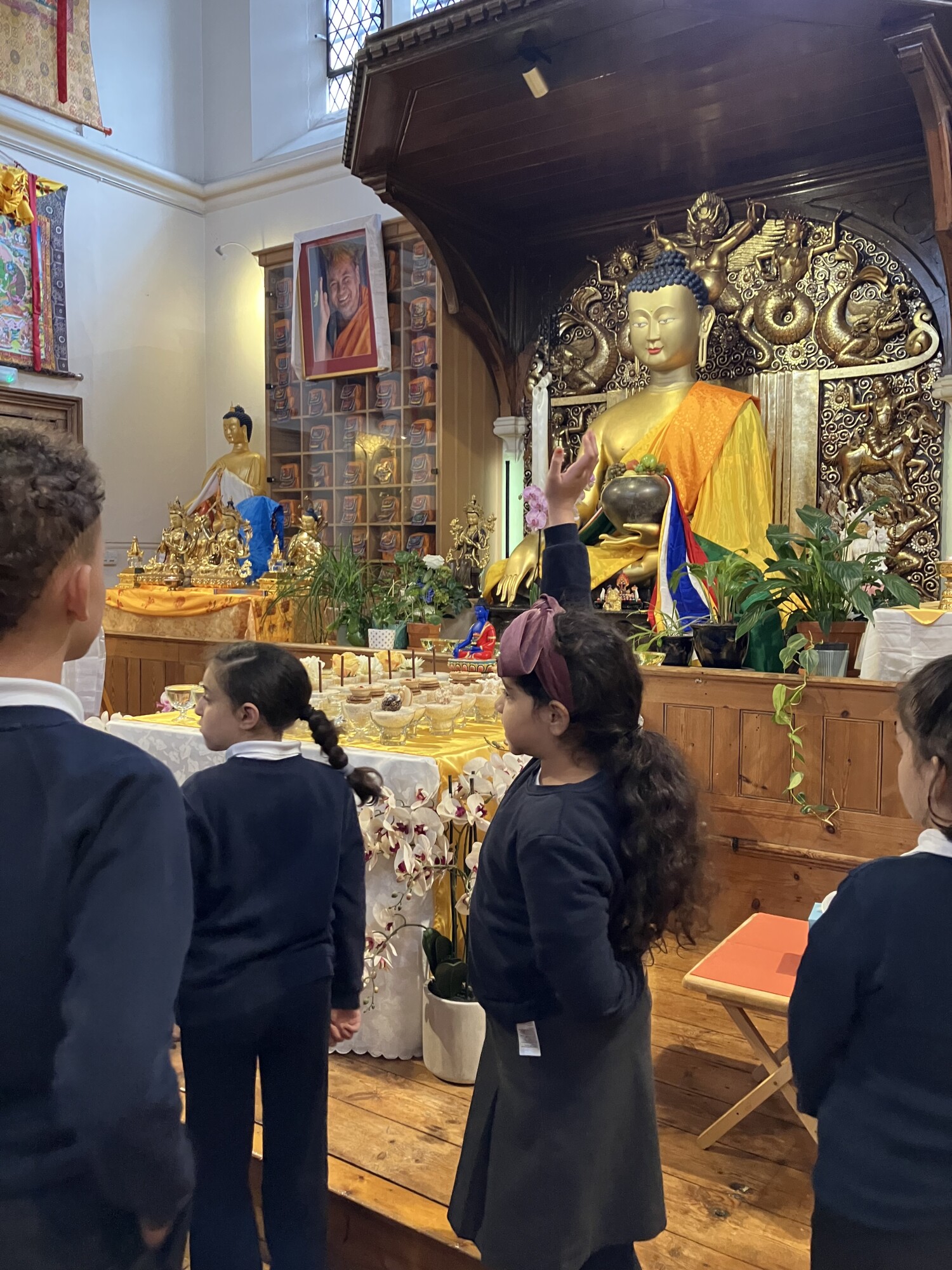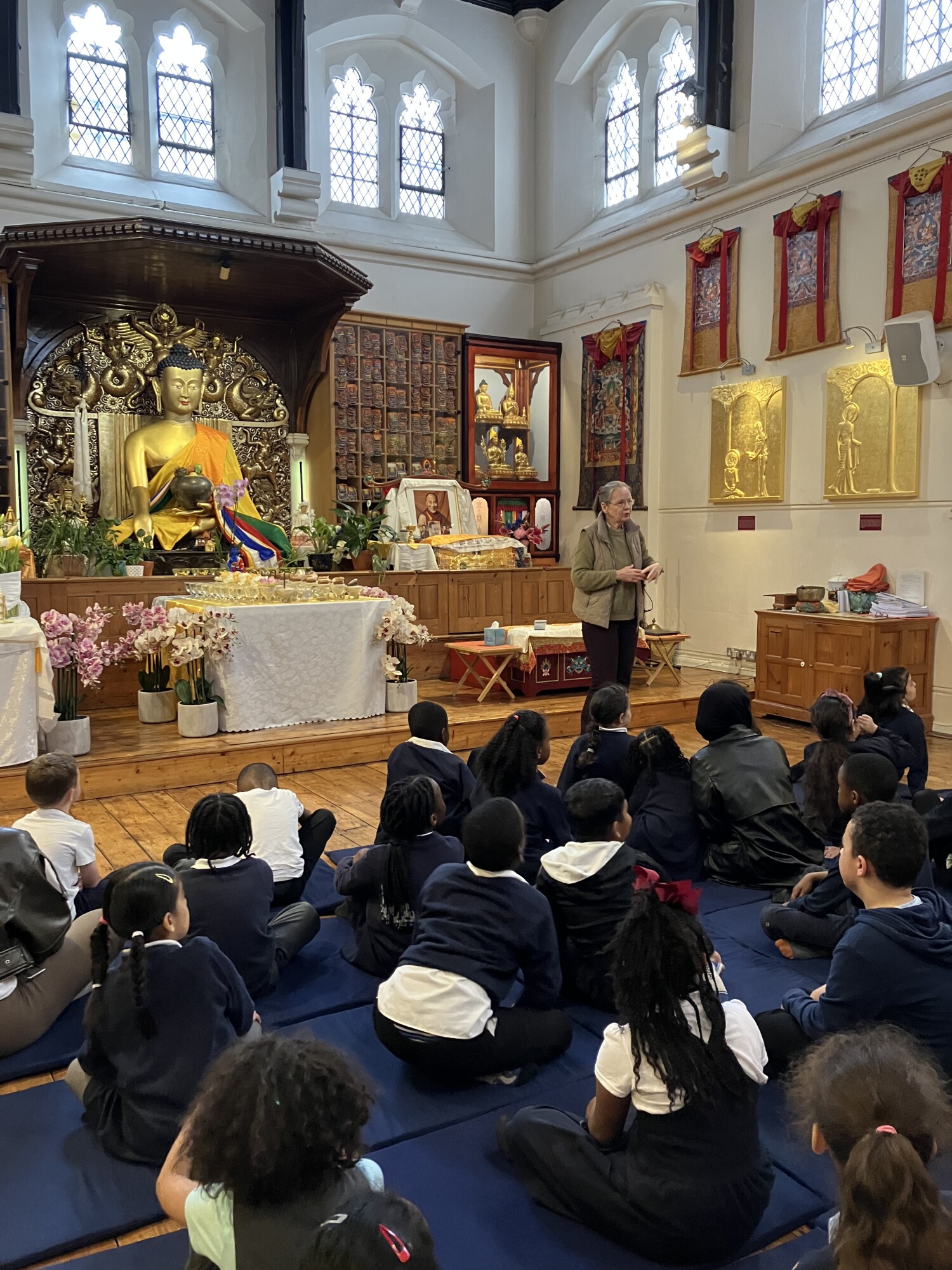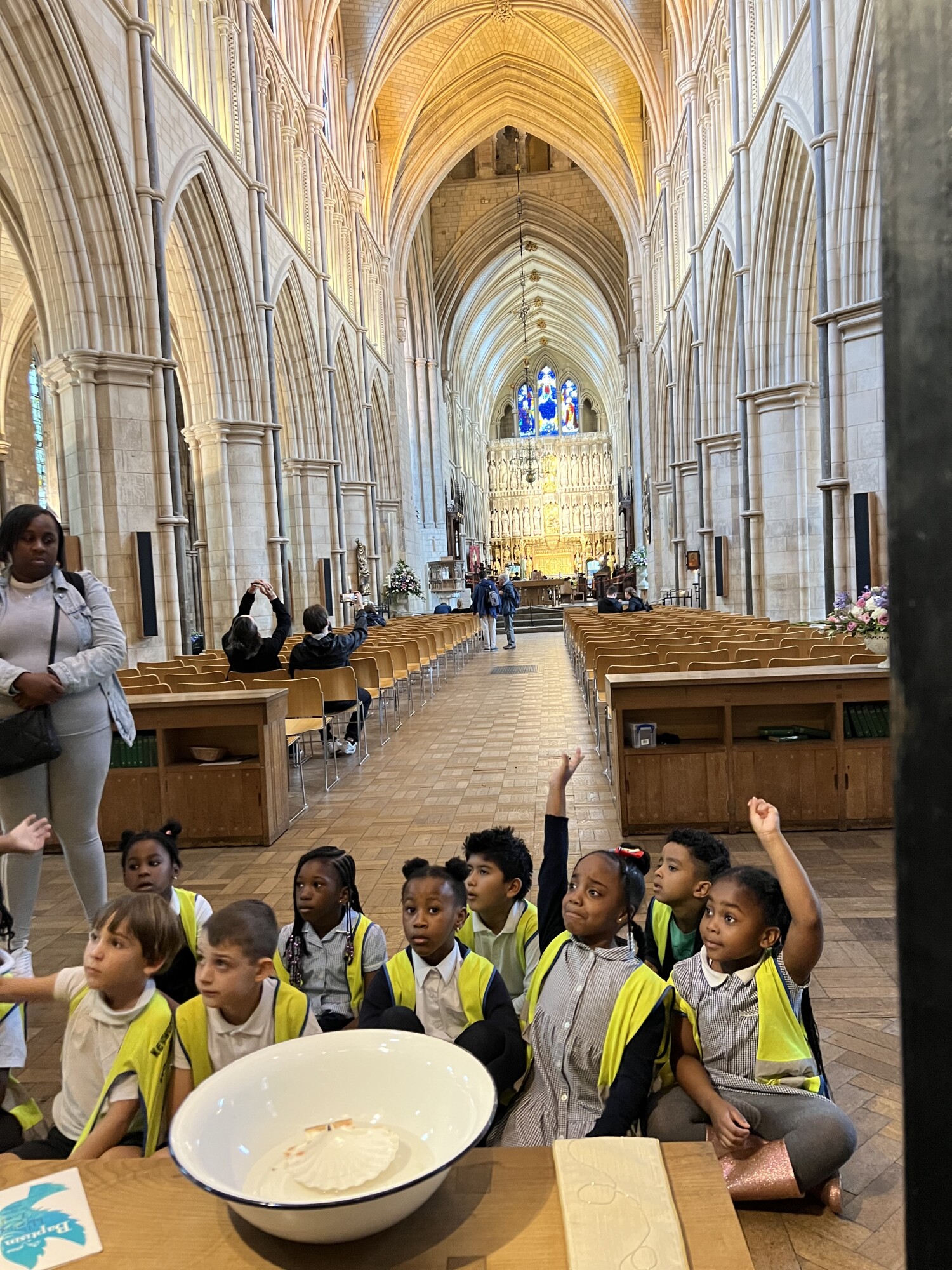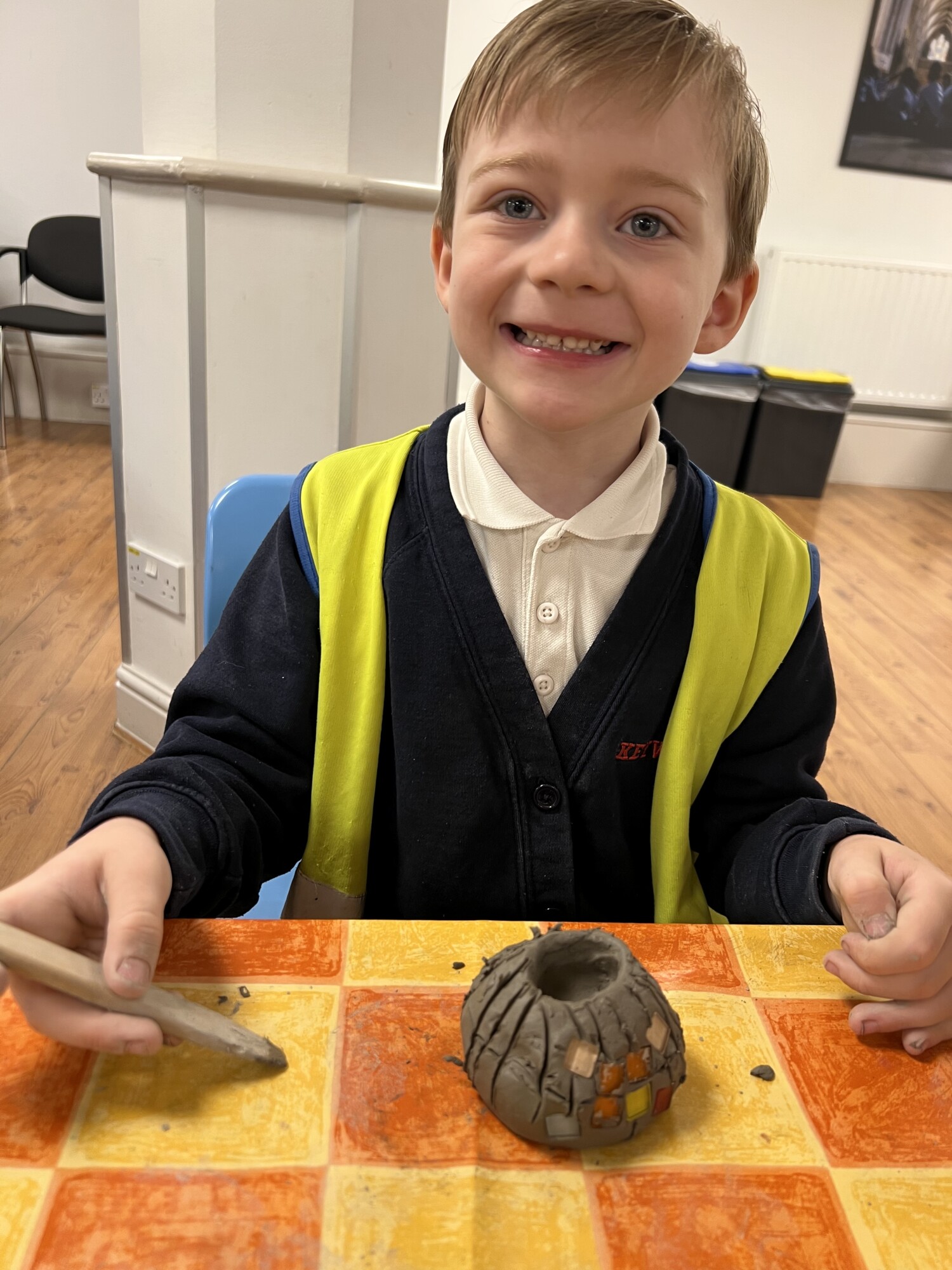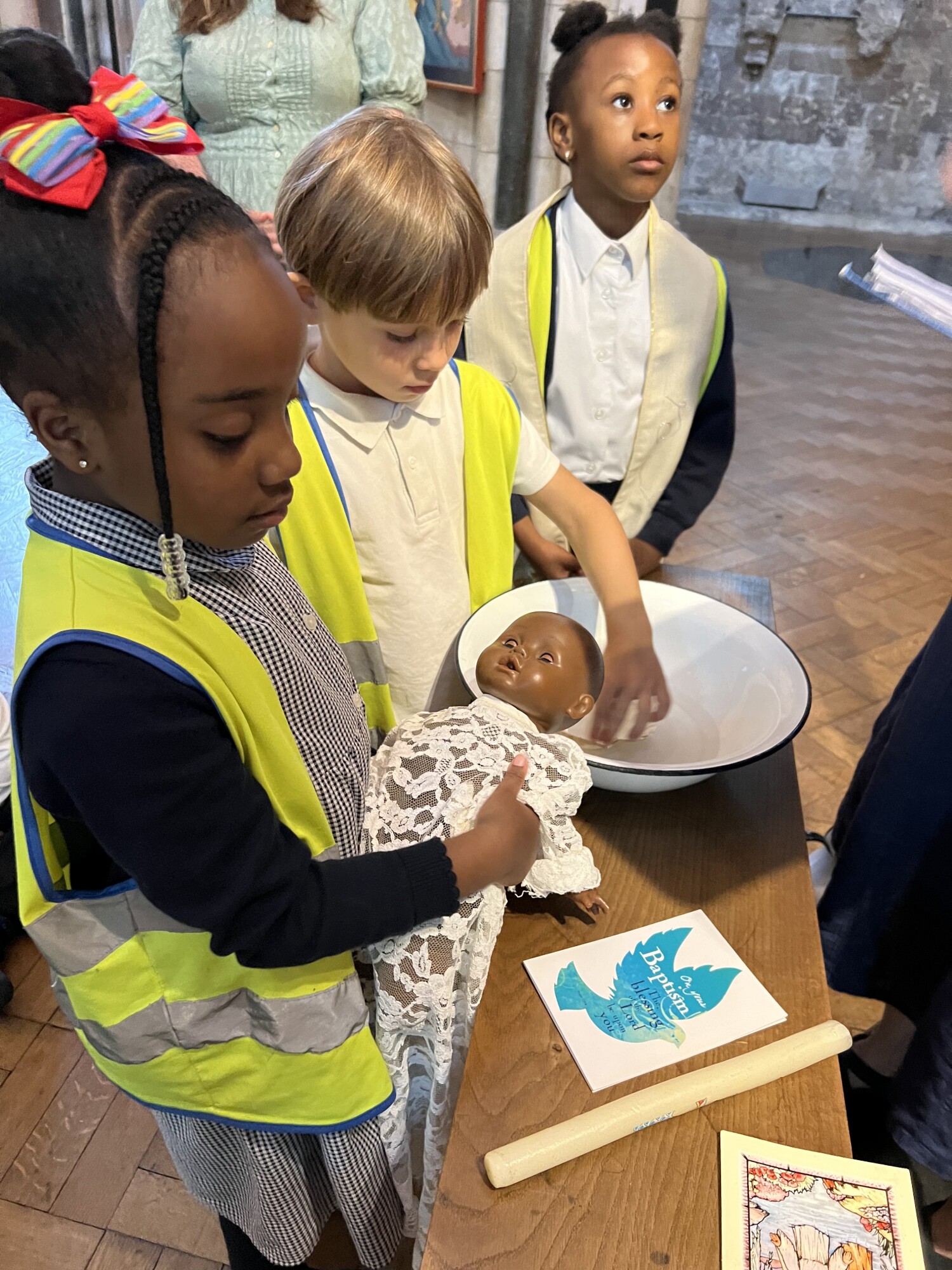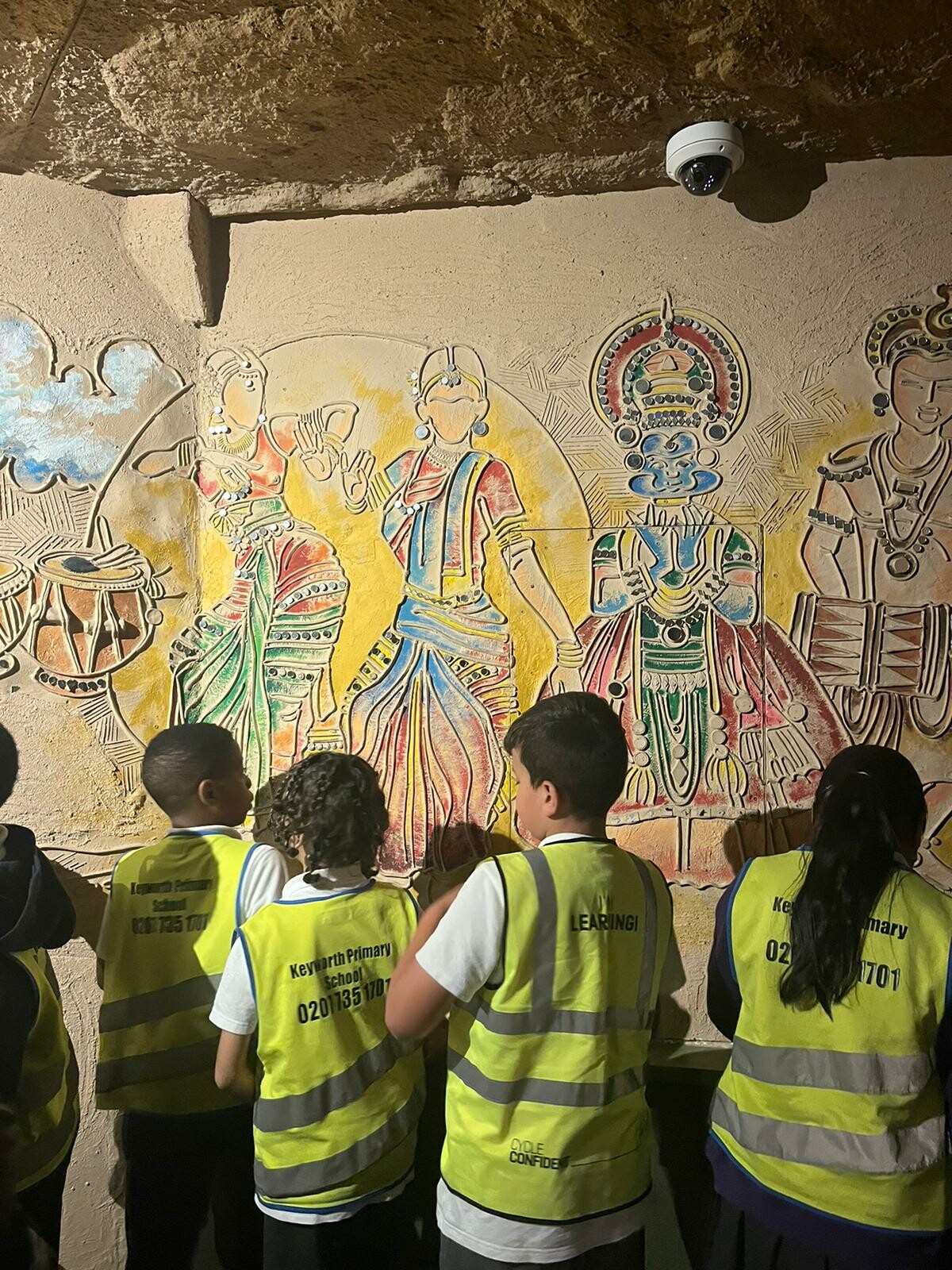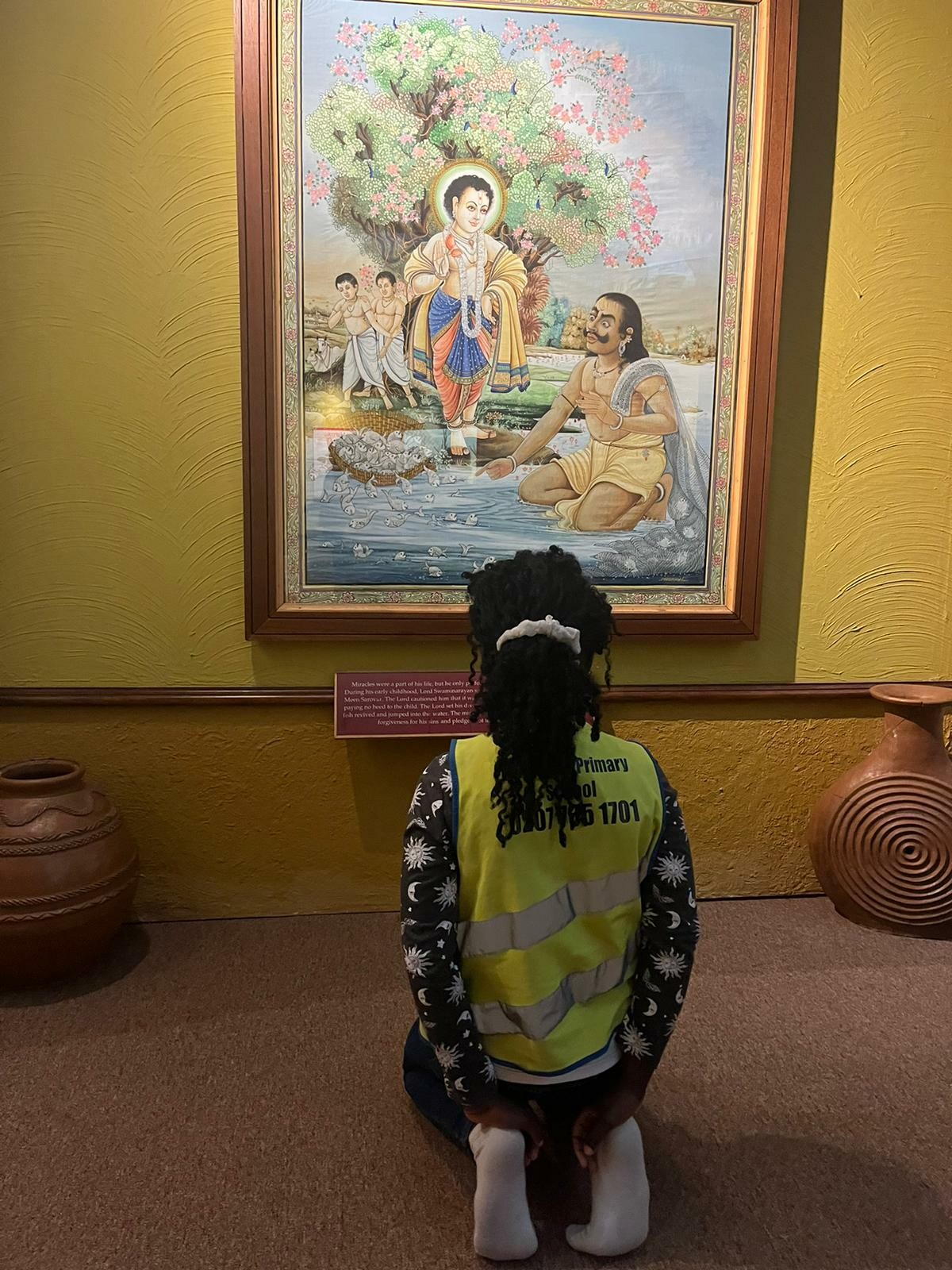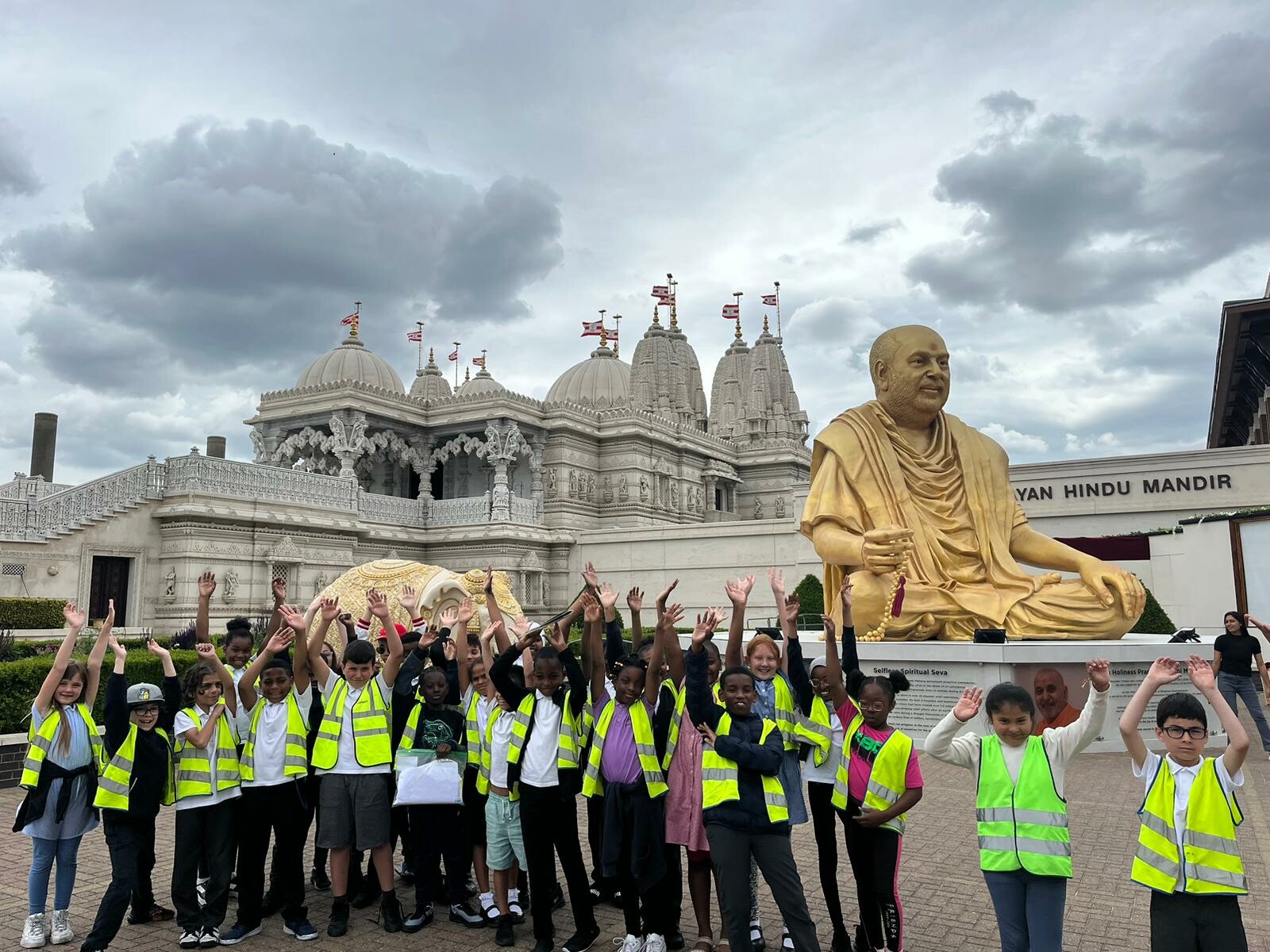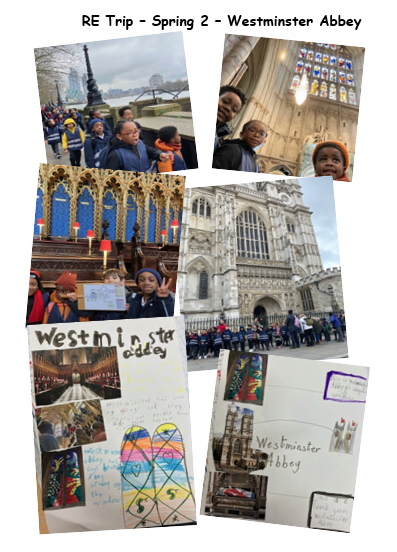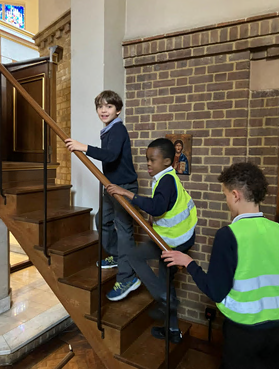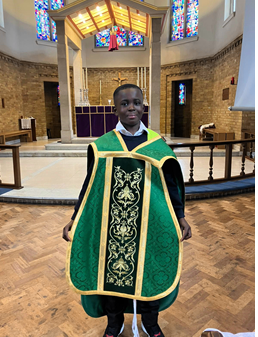Learning Hub
RE
Intent
At the Gem Federation, we strongly believe that an understanding of and appreciation for all religions and spiritual beliefs is an important part of our children’s education and personal development; an appreciation that is underpinned by our core school values: tolerance, respect and connection to the community.
By learning about Hinduism, Christianity, Islam and all the other major faiths practiced around the world, our children not only develop the ability to ask challenging questions about life and their perception of right and wrong, but are able to articulate and appreciate their own faiths and traditions; they are able to explore similarities and differences and reflect on the commonalities that unite them. As a multi-faith school, within a multi-faith community, we encourage our children to be open-minded and curious, to respect the beliefs of others and recognise the value of a society that is diverse and rich with culture, beliefs and traditions.
The aim of religious education at our school is to promote the spiritual, moral, social, emotional, cultural and intellectual development of pupils by encouraging an exploration of and response to those aspects of religion and human experience which raise fundamental questions of belief and value.
The teaching and learning of RE runs parallel with our PSHE curriculum, school and British Values. All of which contribute to the embedding of a fundamental understanding of what is right and wrong; where discrimination, racism and bullying is challenged and we all work together to make our school a warm, positive and safe place to be.
Implementation
At the Gem Federation, our RE lessons follow the Southwark SACRE scheme of work. We have a different focus every half term with each unit building upon the learning of the previous one in lessons that explore the rituals, practices and narratives of each faith.
Lessons are creative, experiential and inclusive, utilising a range of teaching strategies and resources so the needs of all children can be met. We encourage our children to draw upon their own experiences and those of friends and family, enriching their learning by ensuring it is collaborative.
Each unit is informed by key questions, encouraging our children to be curious and reflective from the offset, promoting discussion and debate. All of which are underpinned by one ‘Big Question’: an investigation of all religions in relation to one particular focus. Examples of the Big questions in each year group include:
• Year 1 - What does it mean to belong?
• Year 2 - Can stories change people?
• Year 3 - How are symbols and sayings important in religion?
• Year 4 - What is special to me and the people in my community?
• Year 5 - How do beliefs influence actions?
• Year 6 - How important are the similarities and differences between and within religions?
Each question is asked with the intention of building upon the children’s previous learning and own experiences. Each unit encompasses multi-faiths with the intent to deepen the children’s their understanding of religion, faith and different people’s relationship with them.
School visits to different places of worship expose the children to the art, rituals and resources of each religion in practice, broadening their understanding of each and appreciation of the part they play in the community in which they live.
Impact
At the end of each unit, the children complete a focused task that encompasses their current learning, which is then assessed alongside ‘I can’ statements linked to each unit.
Learning is monitored through book scrutinies, learning walks and discussions with children and colleagues, with additional views shared through ‘pupil voice’.
The impact of the children’s RE learning can be found in the quality of discussions that take place and the work completed in their books. It is evidenced in their deepening understanding of and appreciation for all faiths and the compassion, tolerance, respect and celebration that informs it.
Below are some pictures of our recent place of worship visits across London:
Year 1’s Big Question is ‘What does it mean to belong?’ The children have been talking about what is important to themselves, what it means to belong to different religions (with a focus on Hinduism, Islam and Christianity) and how different faiths and religions live with their families in their homes.
Year 2 have enjoyed learning about the various stories and texts from world religions. Their Big Question is ‘Can stories change people?’ They have been looking at why different books are special to different religions, comparing and contrasting holy books and recreating stories from the Bible, Qur’an, Torah, Guru Granth sahib and Shrimad Bhagwad. They learn through stories, role play, art and discussions.
In Year 3, the children further develop their knowledge of world religions and its skills of comparing, understanding, empathising and analysing. Their Big Question ‘How are symbols and saying important in religion?’ allows the children to look at symbols and their importance across Christianity, Hinduism, Islam, Sikhism, Buddhism and Judaism. The children have been exploring the importance of light to people of different faiths and are exploring the similarities and differences of how light is celebrated and valued across religions.
In Year 4 the children build on their prior knowledge of world religions and their skills of communicating their opinions and ideas, respecting differences, explaining, comparing and understanding. The Big Question is ‘What is special to me and the people in my community?’ The children have been learning about the different faiths and communities in our local area. They have been comparing different places of worship and what similarities they share within their own faiths. They are also exploring religious festivals and how they are celebrated within religious stories and in religious communities.
Throughout the year, Year 5 will be exploring ‘How do beliefs influence actions?’ The children are developing their skills in analysis to explore religious stories and explain the importance of their meaning to people of different world faiths. They have also been discussing and understanding the impact of people’s beliefs within their lives and the importance of a God to followers of faiths and religions.
By Year 6, RE allows the children to present their understanding, analysing, empathy and communication skills by studying the main world religions through the Big Question: ‘How important are the similarities and differences between and within religions?’. Pupils are building of their knowledge of world religions; their practices and beliefs. They are now exploring the meaning of life for people of different faiths and for themselves. They are explaining how religious sources are used to provide answers to important questions about life and death. They have been making links between the beliefs (teachings, sources, etc.) of different religious groups and show how they are connected to believers’ lives.
WORLD RELIGION DAY
Our children celebrated World Religion Day (21st January 2024) by learning about the celebrations and festivals of religions around the world. By celebrating World Religion Day we teach our children to promote understanding and peace between all religions, as well as mutual understanding and tolerance between peoples from different backgrounds. Pupils explored a range of festivals from Diwali, Eid, Wesak and Rosh Hashanah and made some creative crafts, written pieces and artworks to celebrate the religious traditions.
